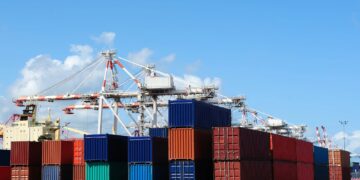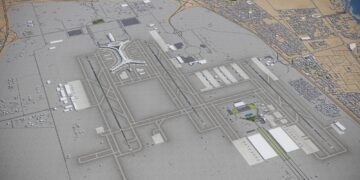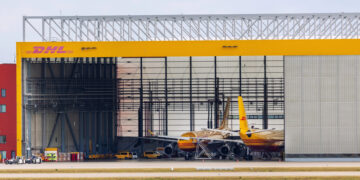Saudi Arabia has unveiled a major initiative to transform its transportation sector, committing to a multi-trillion-dollar investment in a new, integrated mobility ecosystem, according to the Saudi Press Agency. The centerpiece of this effort is the “Future Mobility Sandbox,” a 1.56 square kilometer facility on the King Abdullah University of Science and Technology (KAUST) campus, designed to test and develop innovative solutions across land, air, and sea transport.
Developed by the Ministry of Transport and Logistic Services (MOTLS) in partnership with KAUST and the Ministry of Industry and Mineral Resources (MIM), the Sandbox will serve as a controlled environment for advancing autonomous, sustainable, and connected transportation technologies. It aims to create jobs, boost economic growth, and enhance road safety by reducing accidents.
His Excellency Saleh Al-Jasser, Minister of Transport and Logistic Services, described the project as a transformative milestone that positions Saudi Arabia at the forefront of global mobility innovation. The initiative is expected to attract international investment and foster a dynamic ecosystem for research, startups, and industry collaboration.
His Excellency Dr. Abdullah Alahmari, Assistant Minister for Planning and Development at the Ministry of Industry and Mineral Resources, emphasized the Sandbox’s role in supporting the National Industrial Strategy by providing a platform for testing and scaling advanced vehicle technologies. The project also aligns with Vision 2030’s goal of establishing Saudi Arabia as a regional leader in automotive manufacturing and logistics.
Professor Sir Edward Byrne, President of KAUST, highlighted the university’s commitment to supporting the initiative through expertise in data science, robotics, artificial intelligence, and clean energy. The partnership will also help develop local talent from KAUST’s postgraduate programs.
The Sandbox will facilitate trials for connected and autonomous vehicles, electric vertical take-off and landing (EVTOL) aircraft, logistics drones, and maritime technologies, all tailored to the Gulf’s unique environment. The project will roll out in phases, starting with infrastructure and technology development, and is expected to be fully operational by 2029.
This national effort, supported by the National Industrial Development and Logistics Program (NIDLP), aims to localize advanced technologies, enhance technical capabilities, and lay the foundation for a modern, sustainable transport and industrial ecosystem led by Saudi talent.









